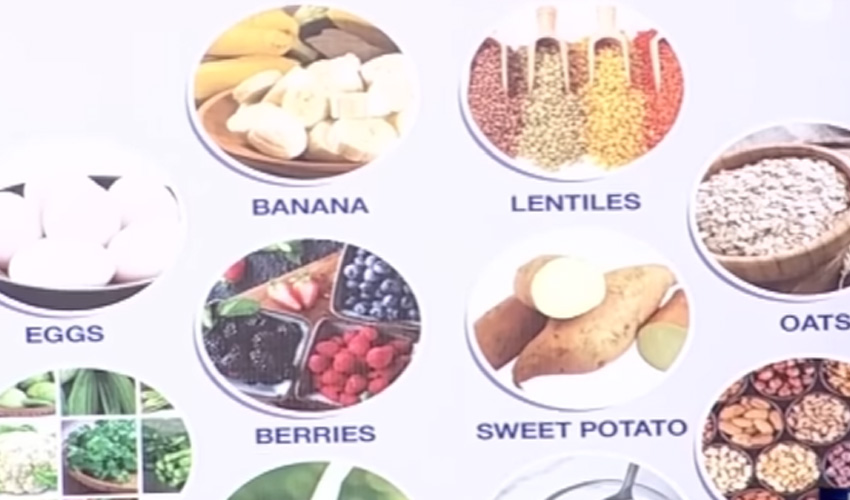Fasting, an age-old remedy in medicine, reaches its pinnacle during Ramadan, offering an ideal window to revamp dietary habits and embark on a journey towards wellness.
This practice not only holds promise in preventing and treating chronic ailments like diabetes, hypertension, and high cholesterol but also aligns with the principles of intermittent fasting, a favoured weight management approach.
Furthermore, fasting serves as a potent stimulant for cognitive health, triggering the production of proteins crucial for brain cell renewal.
It also shows potential for reducing the risk of neurodegenerative conditions such as Alzheimer's and Parkinson's.
Additionally, fasting strengthens the immune system by promoting the regeneration of immune cells, bolstering defences against various infections and diseases.
It also acts as a natural detoxifier, eliminating accumulated toxins from sources like nicotine, pollutants, and free radicals, thereby promoting overall well-being.
In terms of metabolic health, fasting emerges as a cornerstone, effectively regulating insulin levels, initiating fat burning, and modulating gene expression critical for cholesterol regulation and anti-ageing mechanisms.
Hormonal equilibrium achieved through fasting not only helps preserve muscle mass and bone density but also aids in cancer prevention by sensitising malignant cells to treatments like chemotherapy.
However, to harness these benefits fully, mindful eating practices are essential, ensuring a balanced intake of nutrients necessary for sustaining health and vitality. By adhering to such dietary principles, individuals can unlock the transformative potential of fasting, fostering longevity and resilience against disease.



























